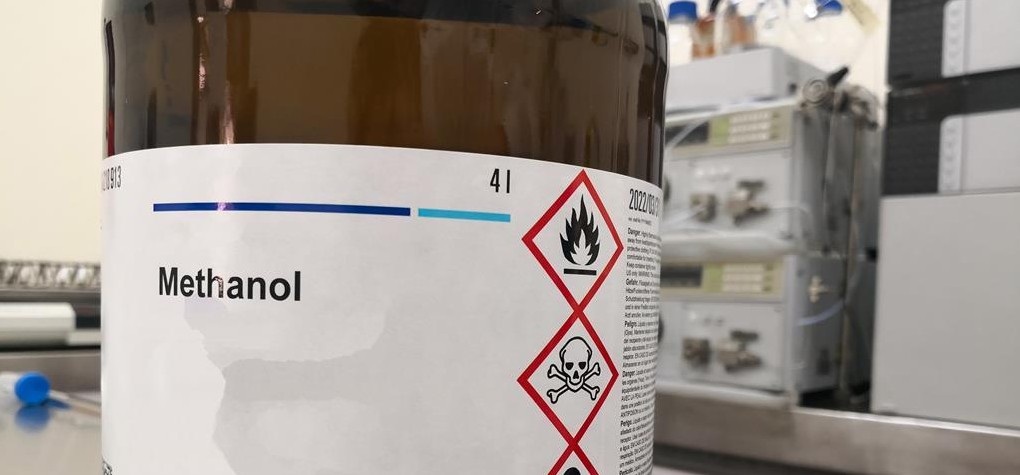NACADA links drug abuse to growing depression in universities

The study stresses the urgent need for stronger mental health support systems in universities across the country.
Depression and other mental health issues are becoming a worrying trend among university students in Kenya, with a recent National Authority for the Campaign Against Alcohol and Drug Abuse (NACADA) study raising alarms over the escalating crisis linked to drug abuse.
According to the report released on Thursday, "one in every 17 university students (5.8 per cent) had moderately severe depressive disorders, and another one in every 29 university students (3.5 per cent) had severe depressive disorders."
More To Read
- UK warns citizens visiting Kenya, Uganda of methanol poisoning from fake alcoholic drinks
- Former journalist Kimani Mbugua: Fame, mental health struggles and a tragic end
- KDF recruitment reveals alarming substance abuse among hundreds of Garissa youth
- Scientists discover brain cells linked to depression, offering hope for better treatments
- Kenya raises alarm on surge in synthetic drugs, shifting trafficking trends
- Former Chesumei MP and Boston Marathon winner Elijah Lagat dies
Female students are more affected, with a higher prevalence of both moderately severe (6.4 per cent) and severe (4.1 per cent) depression compared to male students, who have a rate of 5.2 per cent and 3.0 per cent, respectively.
The study stresses the urgent need for stronger mental health support systems in universities across the country.
The data also links depression and other mental health challenges to the widespread use of drugs and substances among students.
"There was an increasing use of online platforms and websites for promoting the sale and use of drugs targeting university students," the report states.
Alcohol, tobacco, and cannabis are the most common substances abused, but NACADA also highlighted a worrying rise in the use of new psychoactive substances such as methamphetamine, prescription drugs, ecstasy, and ketamine within university environments.
The easy access to these substances, coupled with the marketing of drugs in campus settings, has made them more accessible to students.
The NACADA study points to several risk factors for drug use, including peer pressure, social gatherings such as student parties, and exposure to substances at university events.
"The environment within the universities and the neighbourhoods was not a drug-free space, with evidence showing increased availability and accessibility of drugs and substances of abuse (DSA), especially alcohol, tobacco, khat, and cannabis," the report reads further.
Many students also struggle to cope with the pressures of university life, leading them to use substances as a form of escape.
The study identifies unresolved trauma, including experiences of domestic violence or bereavement, as other contributing factors.
Substance use is linked to poor academic performance, with the report finding that students who abuse drugs are more likely to miss classes, fail exams, or face disciplinary issues.
"Drugs and Substance Use (DSU) was associated with the failure of students to sit for examinations or continuous assessment tests; missing classes or lectures; and involvement in disciplinary issues with lecturers or the institution," the report states. This further exacerbates the mental health crisis, leaving students stuck in a cycle of academic failure and emotional distress.
Despite existing efforts to address these issues, including counselling services and awareness campaigns, the study reveals that many universities are not providing sufficient support.
Other Topics To Read
"Guidance and counselling services were the most common intervention available to address drugs and substances of abuse among university students," the report says, but the scale of the problem calls for more comprehensive measures.
Some universities are introducing random drug checks, while others have established sobriety clubs and sensitisation programmes.
However, the report highlights that these interventions are not always enough to make a significant impact on the growing problem.
The rise in the availability and accessibility of drugs, along with the involvement of students in the drug trade, is another major concern.
"There was evidence of involvement and use of university students in the supply and sale of DSA," the report states.
This not only fuels the abuse of substances but also complicates efforts to address the issue within university campuses.
NACADA urges universities to take immediate action to address both mental health and drug abuse.
Top Stories Today














































